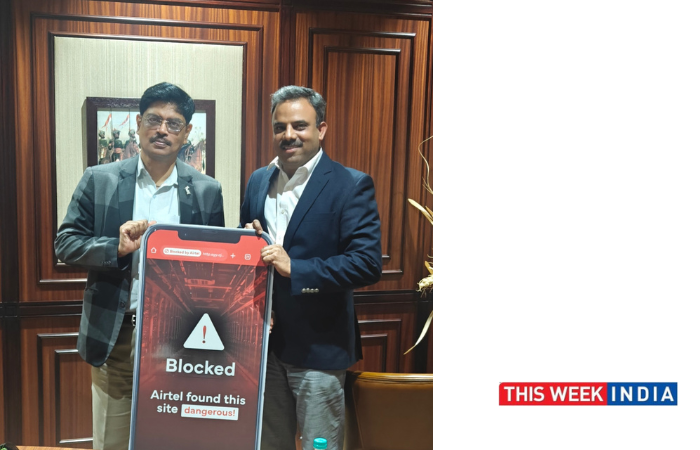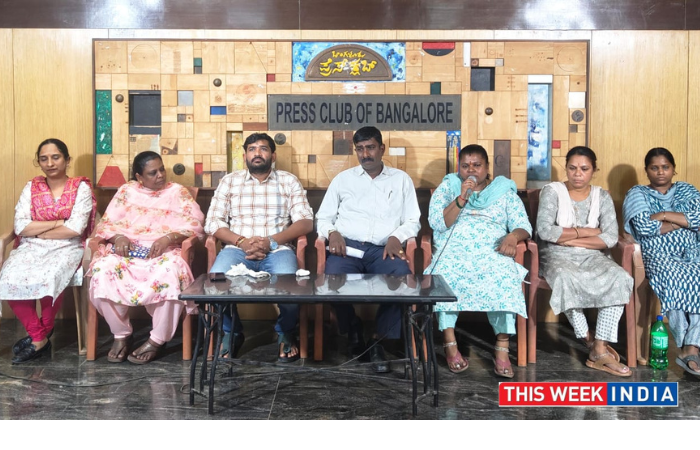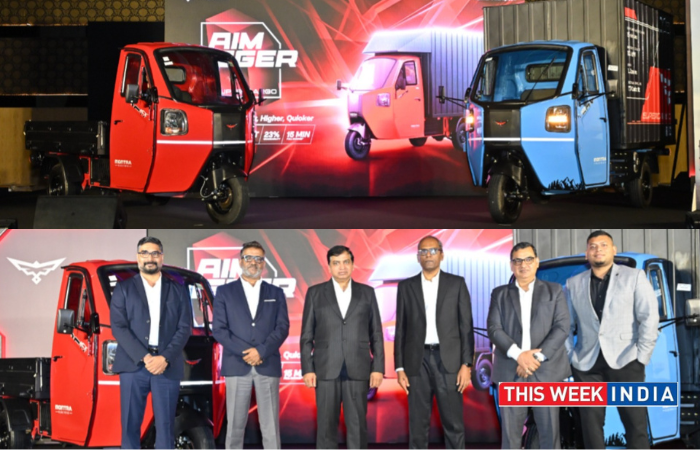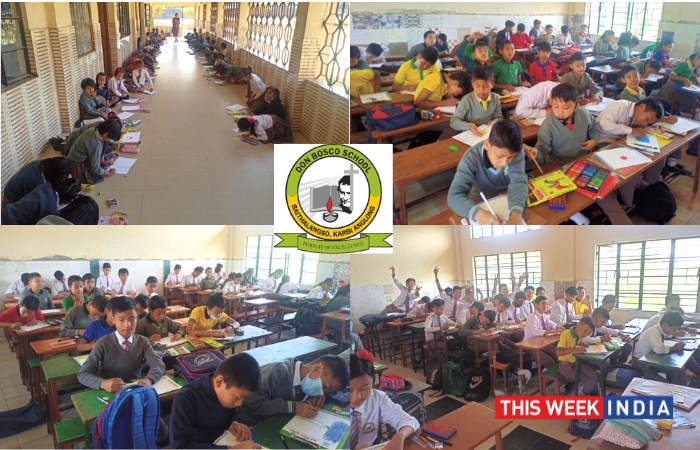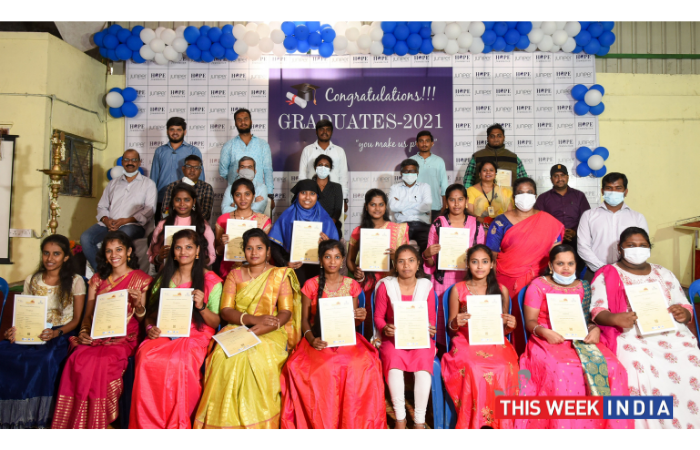Bengaluru, October 21, 2024 – Leading corporations Deloitte, Bosch, Merck, Quess Corporation and SEG Automotive among others have highlighted the need for CSR (Corporate Social Responsibility) initiatives to intensify capacity building and scaling-up resources to sustain and improve quality of STEM (Science, Technology, Engineering, and Mathematics) education in schools across India. CSR representatives of these corporations made the suggestions at a Roundtable conference organised by Prayoga that examined the influential role of CSR in effective STEM education. Prayoga is recognized as a Science and Industrial Research Organization by the Department of Scientific and Industrial Research (DSIR), Union Ministry of Science and Technology.
The roundtable delved into the challenges of the current education system, emphasising the importance of transitioning from traditional, theory-heavy teaching methods to interactive, experiential learning approaches. A key objective was to explore the dimensions of capacity building for teachers, especially in under-resourced and rural areas, where the education gap is most pronounced, ensuring that the students actively engage and understand the information they receive, while ensuring the social and emotional well-being of students.
“We have received highly positive feedback from participants,” said Dr. H. S. Nagaraja, Founder and Chief Mentor, Prayoga. “It was inspiring to see CSR stakeholders unite to discuss ways to enhance STEM education across India. One crucial missing element in our education system is research. Integrating research and inquiry-based learning into classrooms is essential to prepare a future-ready workforce. At Prayoga, we are dedicated to advancing this initiative, understanding that reaching our objective requires collective engagement. We are eager to leverage the momentum generated by this event to further our mission of enhancing STEM education in rural schools.”
The event underscored the significance of continuous professional development for educators, highlighting their dual role as knowledge providers and drivers of innovation. Participants stressed the necessity of investing in educational infrastructure, including STEM labs and digital resources, to enhance teaching effectiveness. Such investments, along with sustained teacher training programs, are deemed vital for the growth of STEM initiatives.
“Critical and creative thinking skills are essential in 21st-century education, particularly within STEM fields. Without fostering the ability to question, challenge, and innovate, we risk inadequately preparing students for their future. If students cannot seek, question, or innovate, then perhaps we are not preparing them for anything at all. Today, assessments must go beyond teaching methods and rote learning to assessing these very basic but powerful skills. Enhancing teacher capabilities and capacities is crucial, and corporate social responsibility (CSR) initiatives should significantly contribute to this effort. By implementing experiential learning and other such modern methods of teaching, to bridge the gap that continues to linger between mainstream education and the skills that students need to develop. Scaling up through CSR partnerships allows this model of effectiveness to be replicated in more schools, opening doors to sustainable improvement in STEM education,” noted Dr M Pundaleeka Kamath, Lead – Integrated Community Development Programs – Bosch India Foundation.
“STEM education extends beyond the four walls of a classroom, thriving within a community where students can actively apply their learning. Corporate Social Responsibility (CSR) initiatives play a key role in fostering such a culture by engaging schools, families, and other key stakeholders to provide essential support to students, providing materials that can help sustain this creative flow of knowledge. By collaborating with key stakeholders, CSR can improve the scale and impact of STEM programs. It is also essential to focus on the communication skills of the student as many have great knowledge but cannot present it well. It is thereby important for the school leadership and supportive households to empower students to advance and effectively utilise their educational experiences,” highlighted Mr. Nagabhushana K, Dy General Manager – HR, CSR, Legal & compliance, SEG Automotive.
The need for creating a supportive ecosystem – where parents, teachers, and students are engaged in the learning process – is essential for fostering a mindset of lifelong learning and innovation. CSR programs were seen as instrumental in bridging the gap between theory and practice by providing schools with the resources and expertise needed to integrate STEM into everyday learning.
Looking ahead, Prayoga plans to strengthen collaborations with corporate partners to build sustainable, scalable solutions that transform STEM education at the grassroots level. These efforts will ensure that students not only receive quality education but are also equipped with the skills and competencies necessary to thrive in an increasingly complex world. Through such initiatives, Prayoga continues to achieve its vision of nurturing scientific curiosity and developing critical thinking, creativity, and collaboration.



